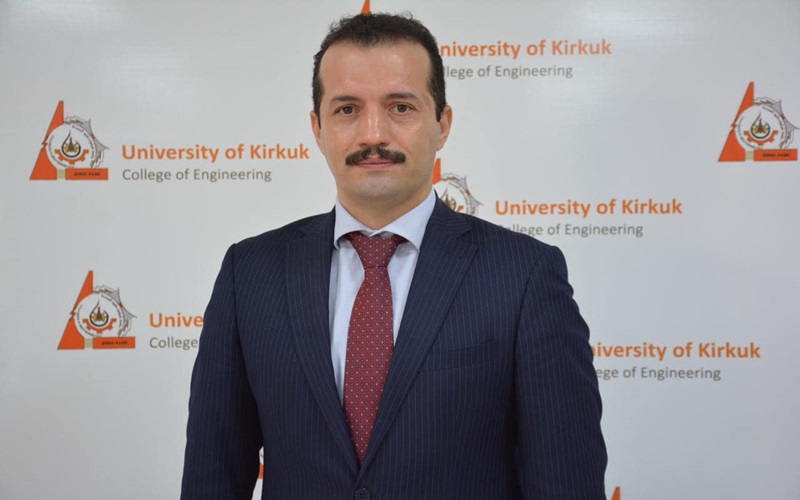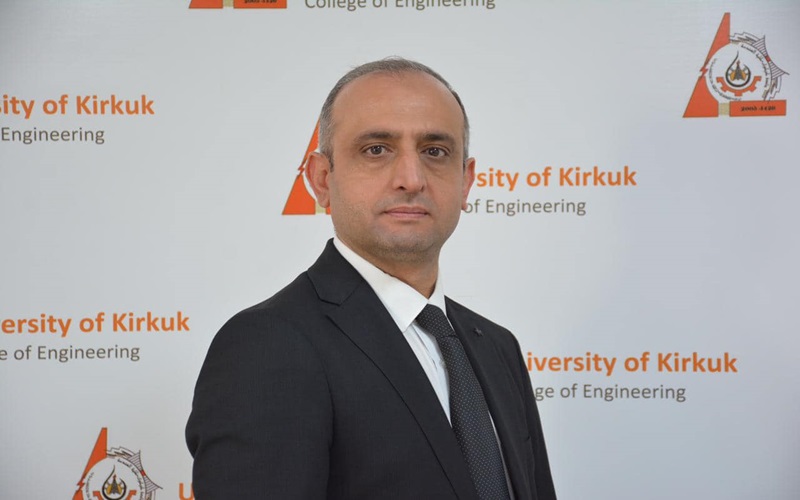A research team from the University of Kirkuk, Department of Mechanical Engineering, College of Engineering, along with a research team from Turkish and American universities, and a researcher from the College of Oil and Gas at the Northern Technical University, published scientific research in an international journal, Elsevier Q1, with an impact factor of 6.8 and Scopus Site Score 7.2, within the Clarivate and Scopus containers.
The names of researchers from the College of Engineering/Department of Mechanical Engineering include:
M. Ahmed Hassan Ghareeb
Prof. Dr. Ali Hussein Abdel Karim
A.M.D. Iyad Arab Ghaidan
The research was published in the journal “Case Studies in Thermal Engineering,” which is one of the Q1 international journals within Scopus and Clarivate, and has a high impact factor.
The research, titled “Predicting the Operational Performance of a Car Seat Thermal Management System Using Statistical Techniques and Machine Learning,” aims to evaluate the operational performance of a car seat modified for thermal management using an air conditioning system. Statistical and machine learning (ML) models were used by extending evaporator/condenser coils under the rear surfaces and bottoms of the vehicle seat cushions, leveraging HVAC operational data, such as seat temperature readings. Using a data mining approach, statistically relevant factors varying compressor speed from 500 to 1600 rpm in different scenarios were selected to model the system using key attribute variables.
The data-driven approach resulted in highly accurate predictions of the coefficient of performance (COP) of a heating and ventilation system. Using the Akaike criterion (AIC) to improve the linear regression (LR) model, the root mean square error (RMSE) decreased to 0.20, the mean absolute error (MAE) decreased to 0.16, and the coefficient of determination (R²) increased to 98%. The RF model optimized using hyperparameters showed moderate predictive ability, with a mean absolute error of 0.52 (RMSE), a mean absolute error of 0.37 (MAE), and a coefficient of determination of 94% (R²). Furthermore, multinomial feature augmentation, single and joint predictor analysis, and combinations of algorithms have provided valuable information for other researchers, and an appendix is provided with comprehensive details on the algorithms used in the analysis.
To view the article, you can visit the following link:
[Article link](https://doi.org/10.1016/j.csite.2024.104626)



 College of Engineering - University of Kirkuk
College of Engineering - University of Kirkuk  Arabic
Arabic  English
English 